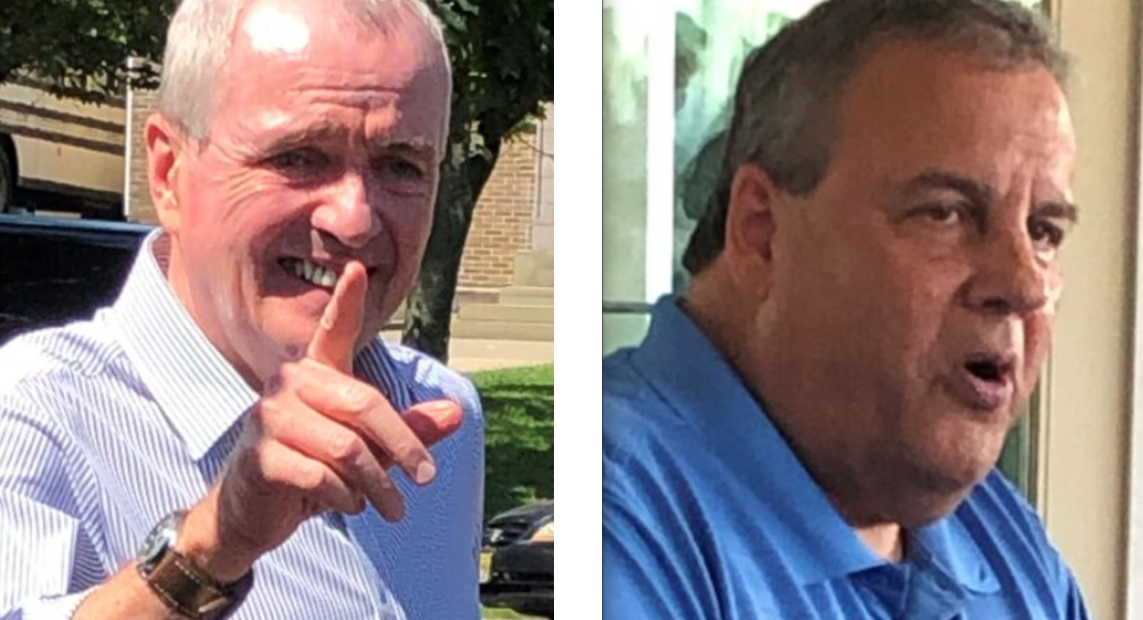New Jersey Governor Phil Murphy and former Governor Chris Christie may come from different political parties, but they share similar environmental policies. Both governors have made significant efforts to protect the environment and promote sustainability in the Garden State.
One of the most significant environmental policies that both Murphy and Christie have championed is the promotion of renewable energy. Murphy has set a goal for New Jersey to reach 100% clean energy by 2050, while Christie signed a law in 2010 that required the state to generate 22.5% of its electricity from renewable sources by 2021. Both governors have also supported offshore wind energy projects, with Murphy approving the nation’s largest offshore wind farm in 2019 and Christie signing a bill in 2010 that established a framework for offshore wind development.
Another area where Murphy and Christie have shown similar environmental policies is in their support for protecting New Jersey’s natural resources. Murphy has taken steps to protect the state’s water supply by investing in infrastructure upgrades and implementing stricter regulations on polluters. Christie, on the other hand, signed a law in 2011 that established a fund for open space preservation and farmland protection.
Both governors have also shown a commitment to reducing greenhouse gas emissions. Murphy has set a goal for New Jersey to reduce its emissions by 80% by 2050, while Christie signed a law in 2013 that required the state to reduce its emissions to 1990 levels by 2020.
Despite their similarities, there are some differences in the environmental policies of Murphy and Christie. For example, Murphy has been more vocal about his opposition to offshore drilling, while Christie has been criticized for his support of the controversial practice.
Overall, however, it is clear that both Murphy and Christie have made significant efforts to protect the environment and promote sustainability in New Jersey. As the state continues to face environmental challenges such as rising sea levels and increased pollution, it is important for leaders from both parties to work together to find solutions that will protect the state’s natural resources for future generations.

